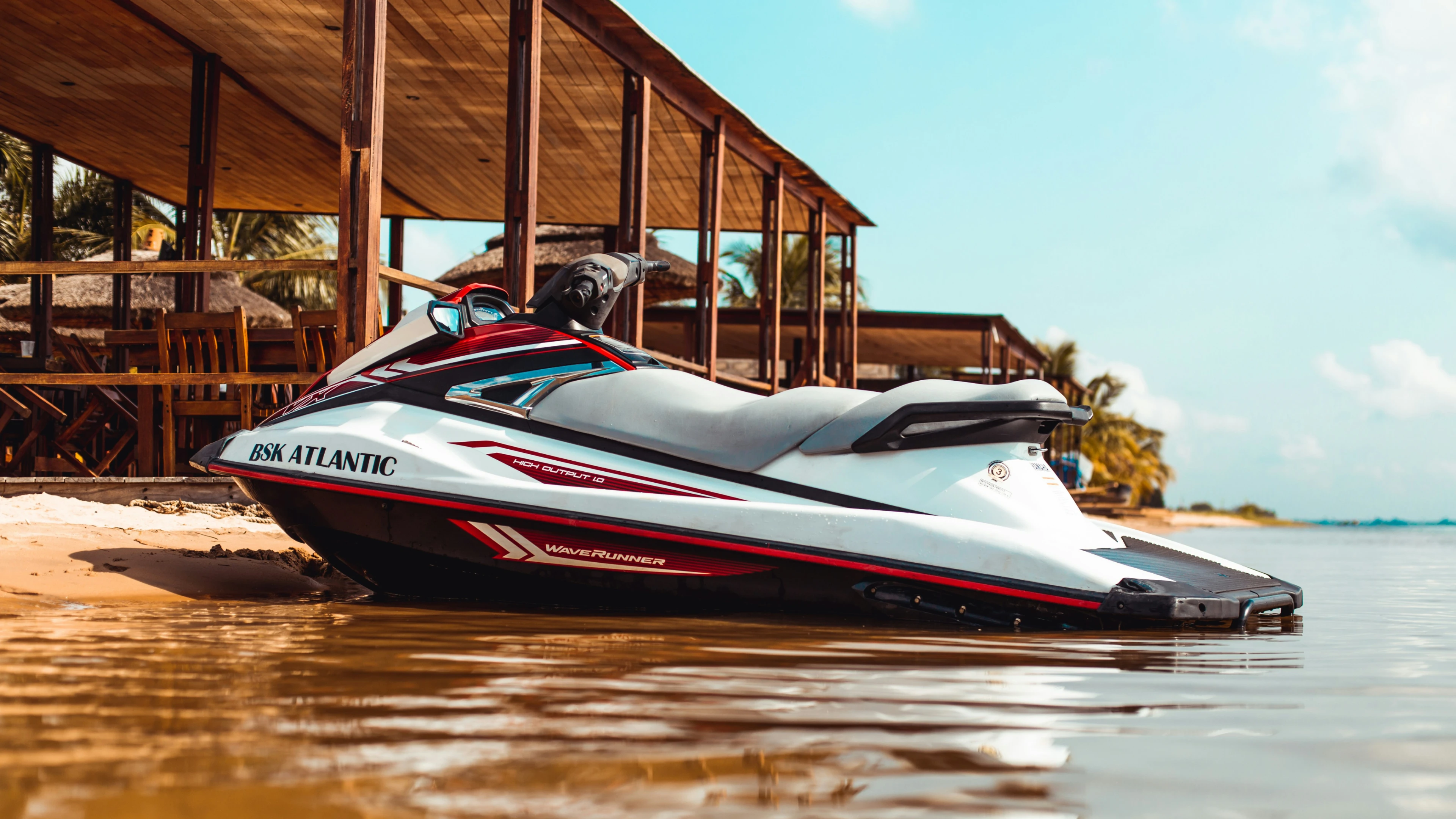













Texas does not require personal watercraft (PWC) insurance by law. However, if you plan to operate on public waterways like Lake Travis, dock at marinas, or finance your Jet Ski or Sea-Doo, insurance may be required by third parties. With high boating activity, warm weather, and large lake systems, PWC insurance is strongly recommended for Texas riders.
There are no state-mandated minimum coverage requirements for PWCs in Texas. That said, many lenders and marinas may require liability insurance or full physical damage coverage. If your watercraft is financed, your lender will typically expect both collision and comprehensive coverage to protect their investment.
Texas PWC insurance rates are moderate compared to coastal states, though they can increase in regions with heavy lake traffic. Here's a general range:
Riders in central Texas and along the Gulf Coast may see slightly higher premiums due to theft risk and saltwater exposure.
You can lower your premium by making a few smart choices:
If you only ride seasonally, some insurers offer lay-up or storage options that reduce your premium during off months.
If you’re leasing or financing a PWC, your lender will almost certainly require extended coverage, including:
Keep in mind that different lenders may have their own specific insurance requirements beyond standard coverage. Some may ask for proof of policy before releasing funds, and others might require higher liability limits or additional protections. If your PWC is brand new or tends to depreciate quickly, consider asking about GAP coverage—this optional add-on can help pay off the remaining balance on your loan if your watercraft is totaled and its actual value falls short.
Getting covered is simple and fast. You can buy a PWC insurance policy:
Be ready with your watercraft’s make, model, year, VIN/HIN, and usage info.
All motorized watercraft, including PWCs, must be titled and registered with the Texas Parks & Wildlife Department. Registration must be renewed every two years and decals must be displayed clearly on both sides of your PWC.
To register, you'll need proof of ownership (title or bill of sale), a completed application, and payment of required fees. Operators born on or after September 1, 1993 must also complete an approved boater education course.
Your location in Texas can affect your coverage needs and premiums:
Docking rules and storage security can also vary widely by region, influencing your policy cost and coverage limits.
This guide is for informational purposes only and does not constitute legal or insurance advice.
